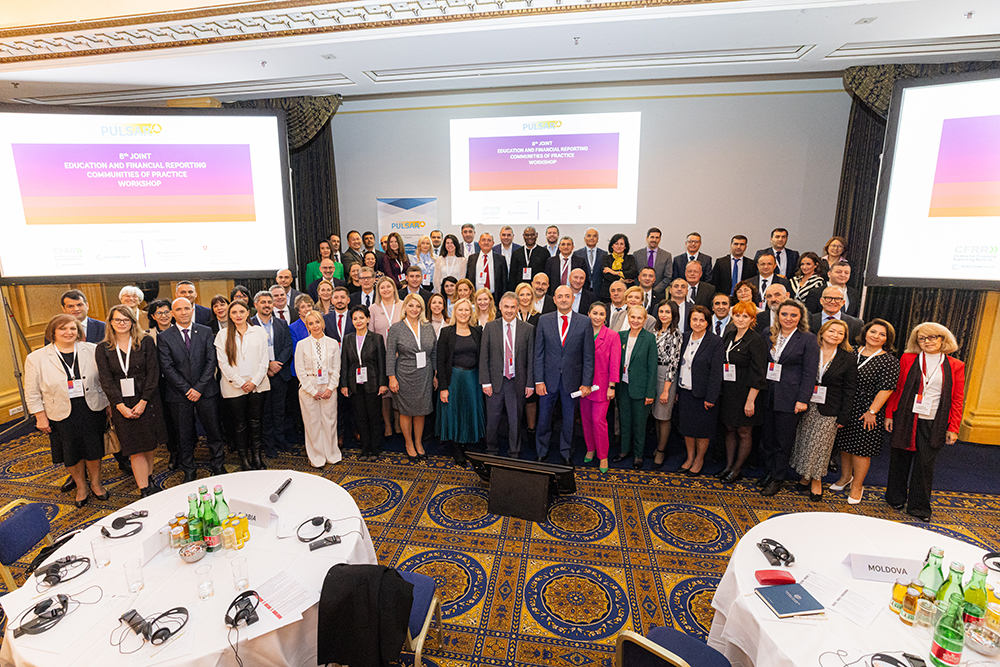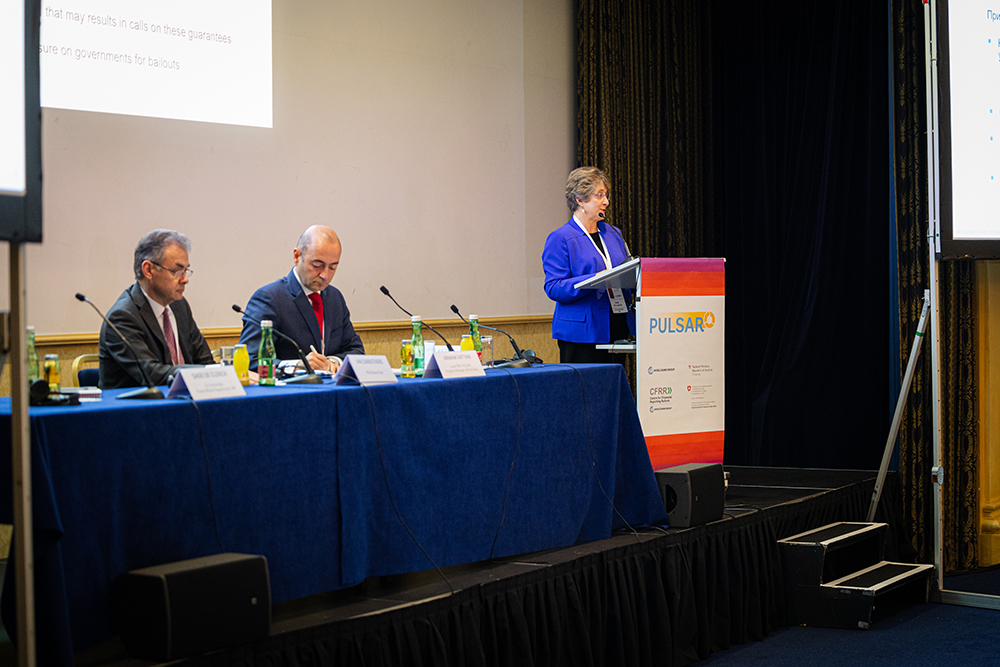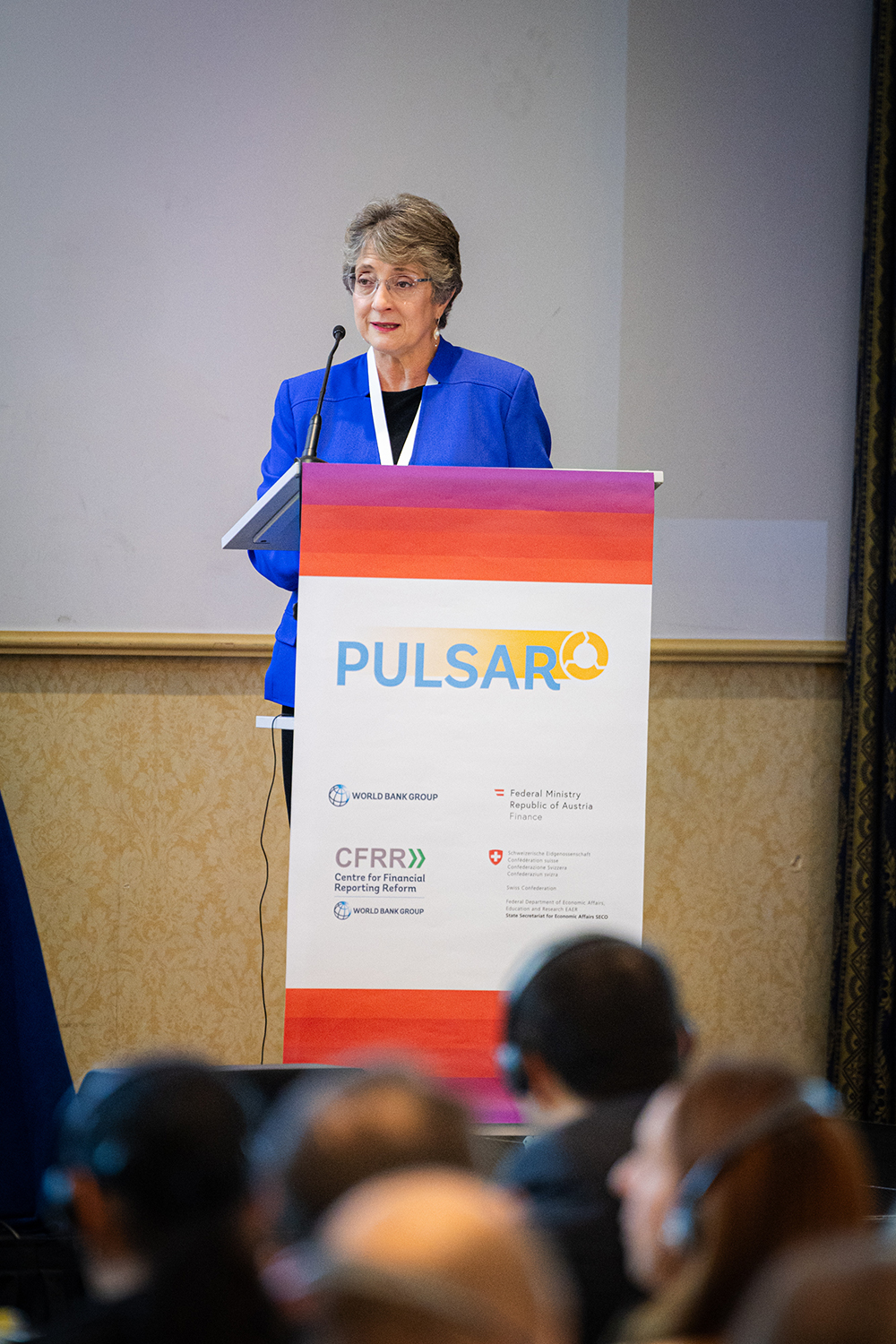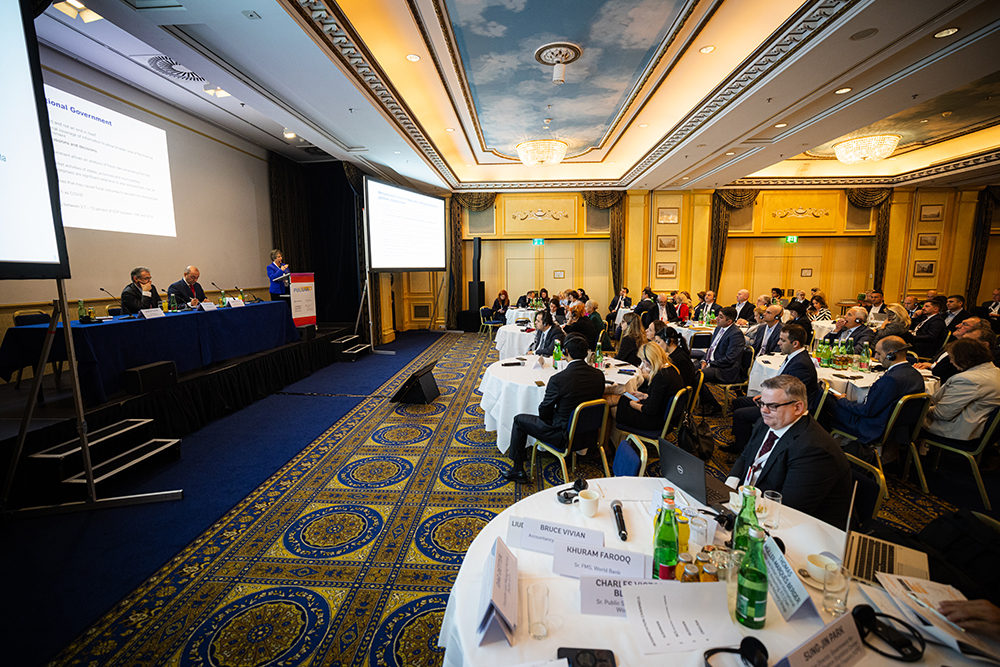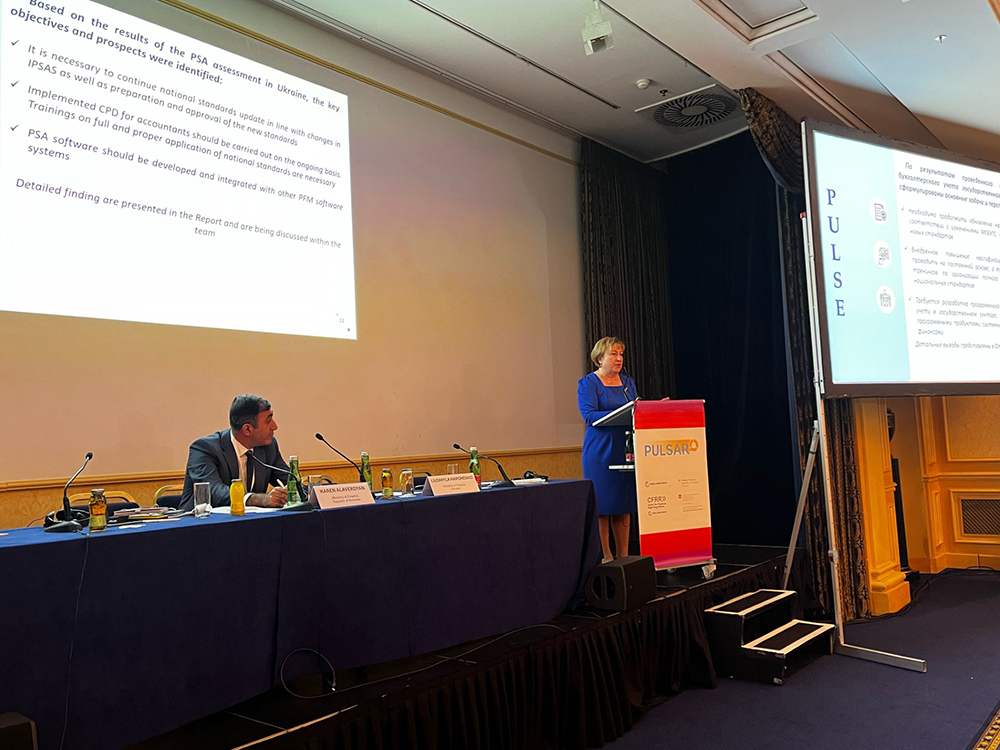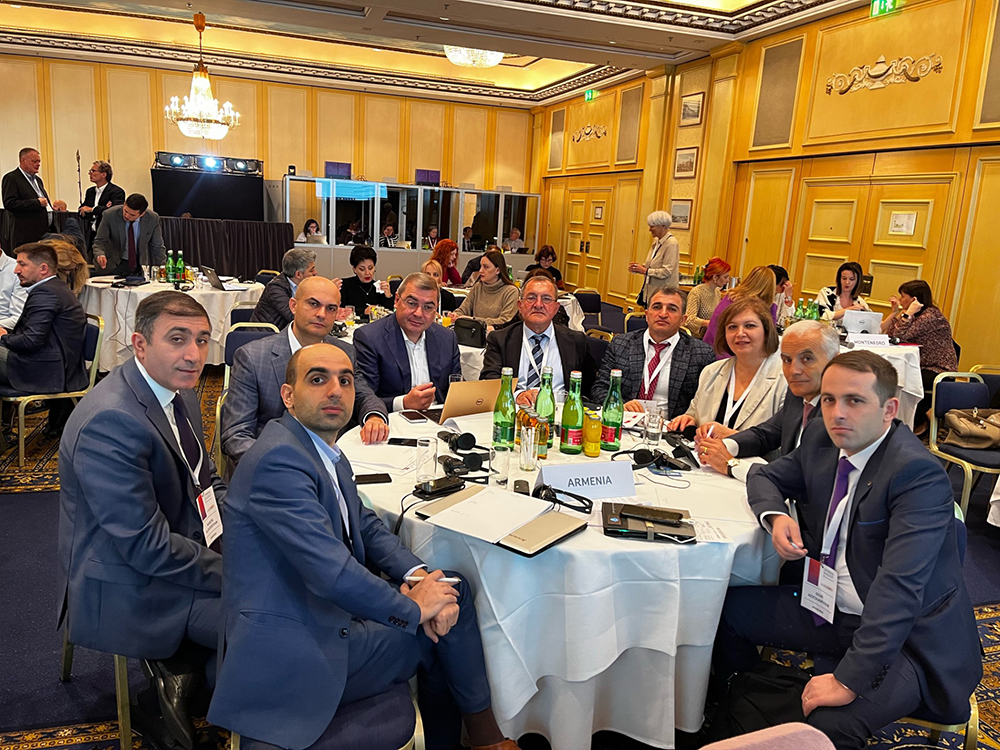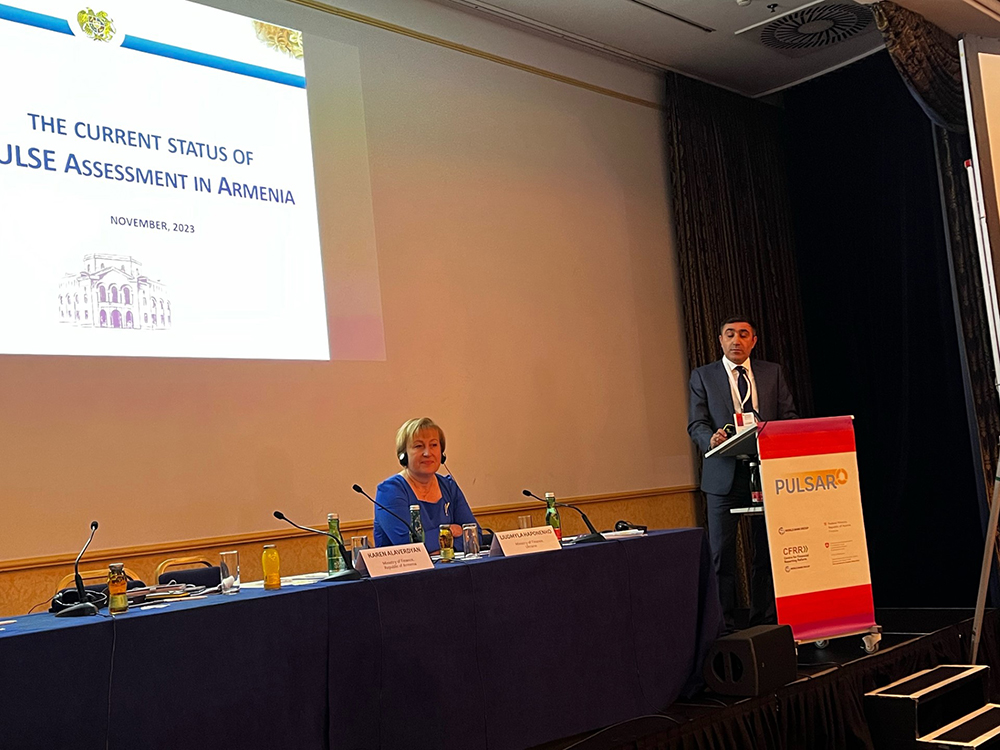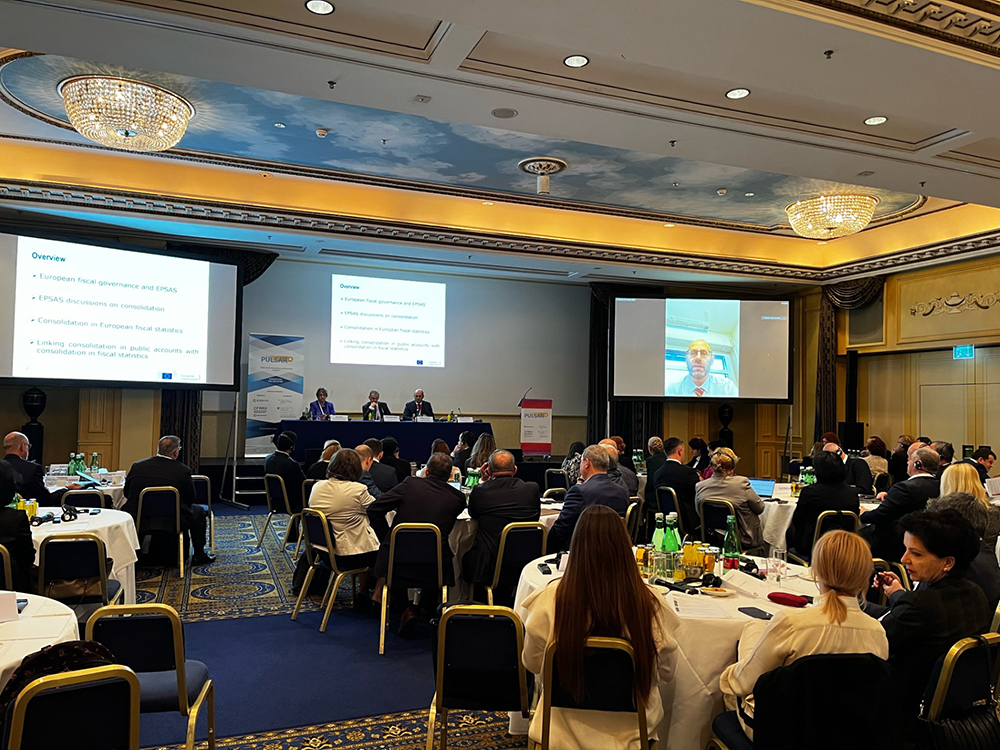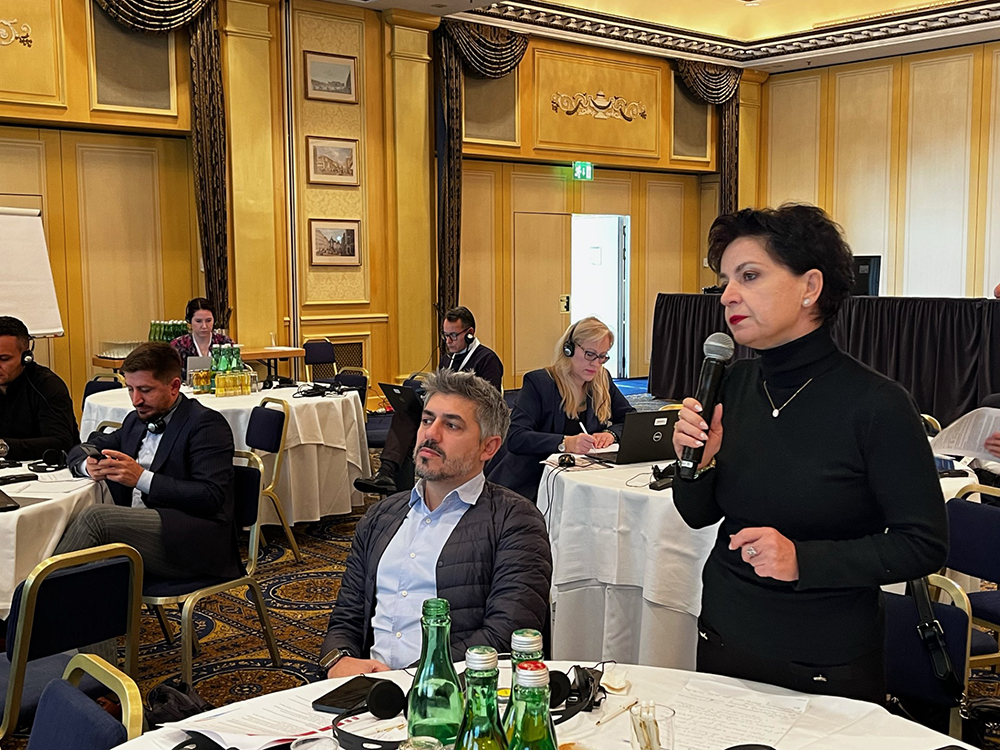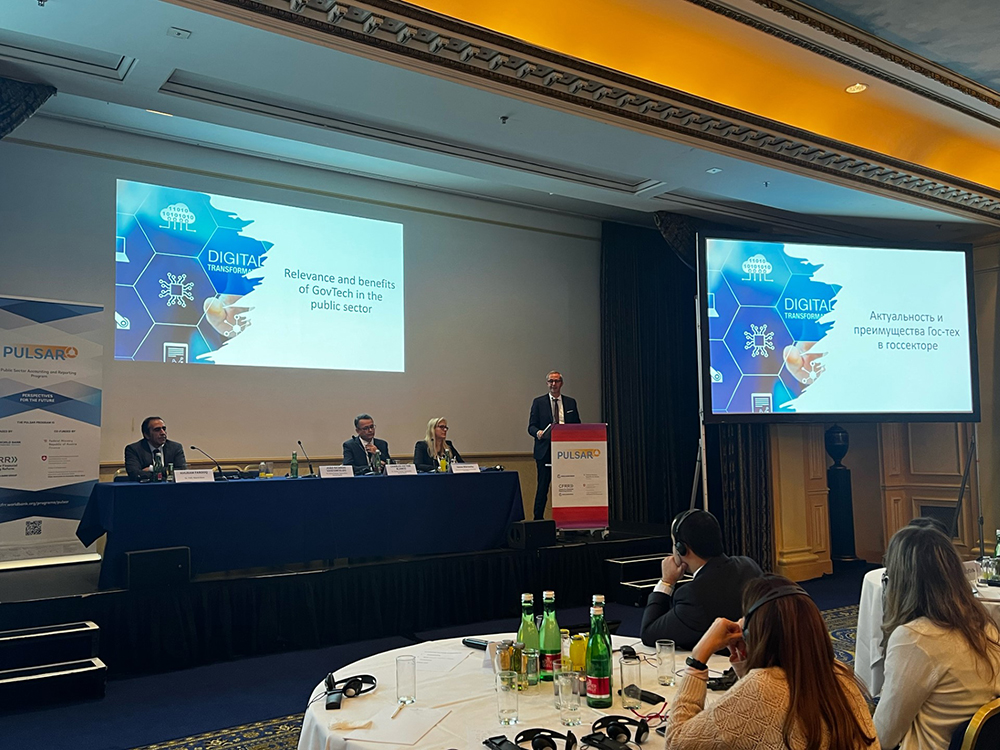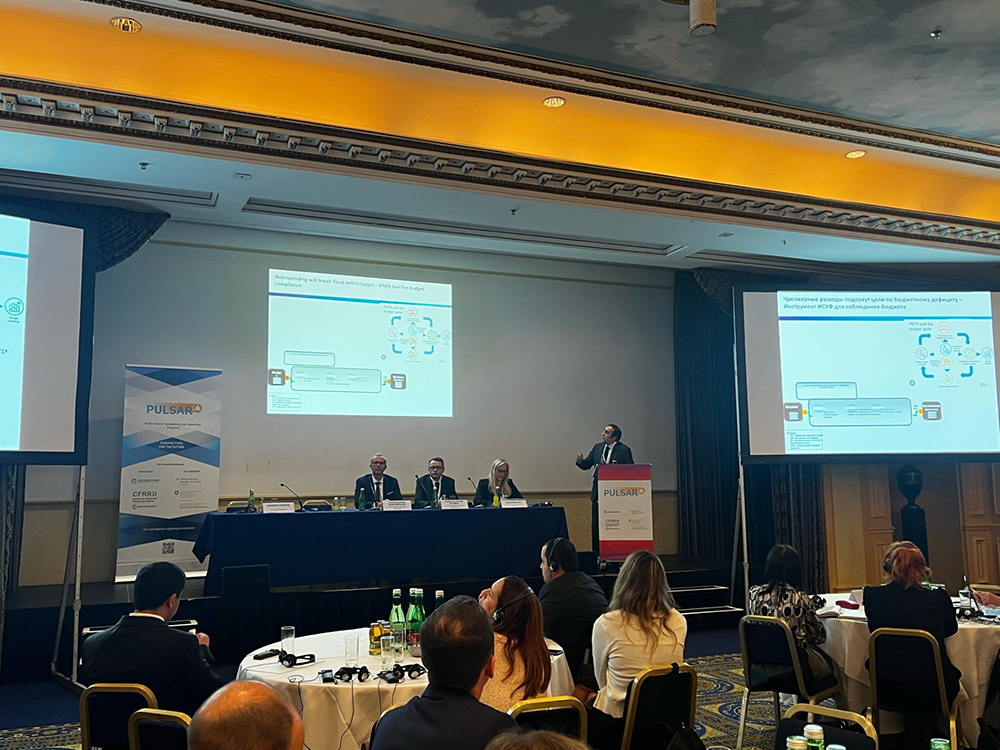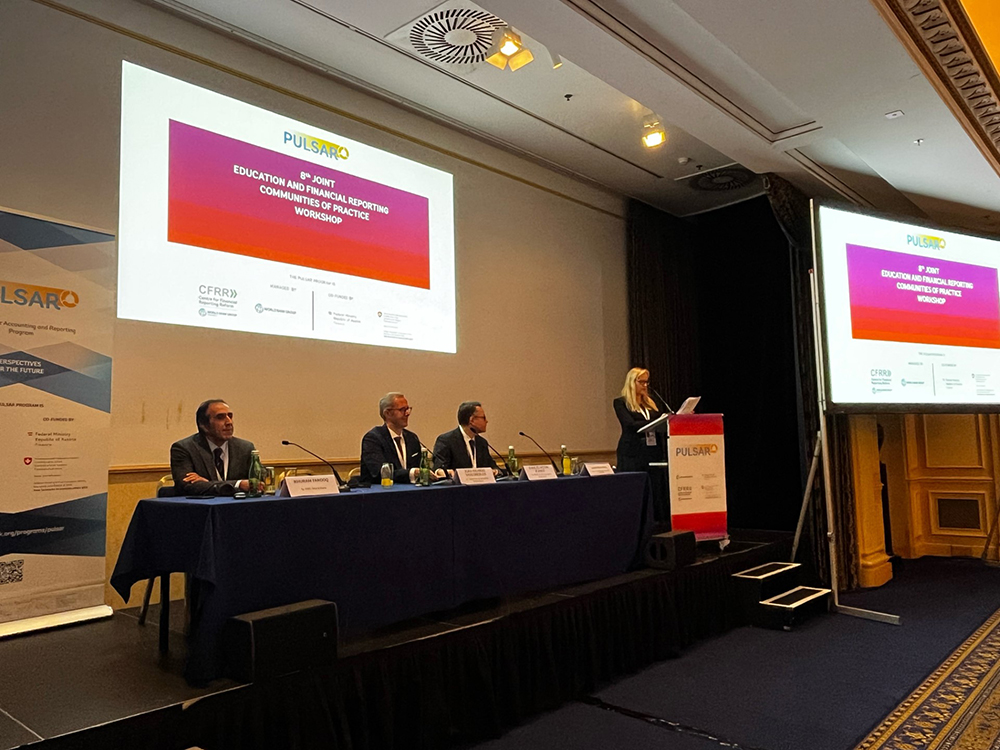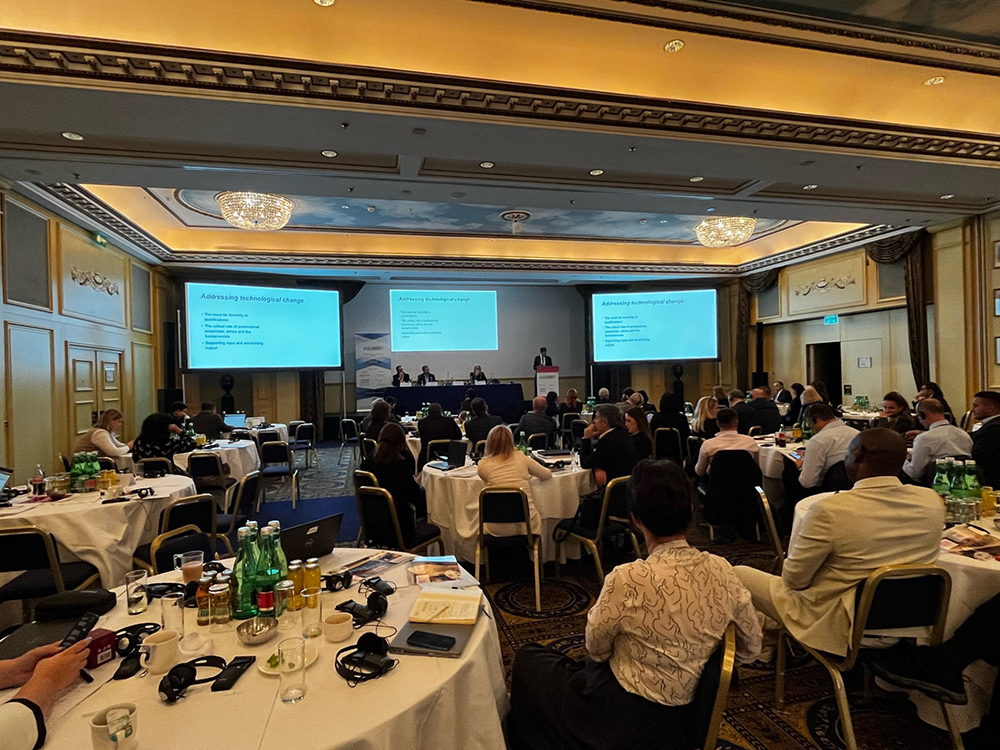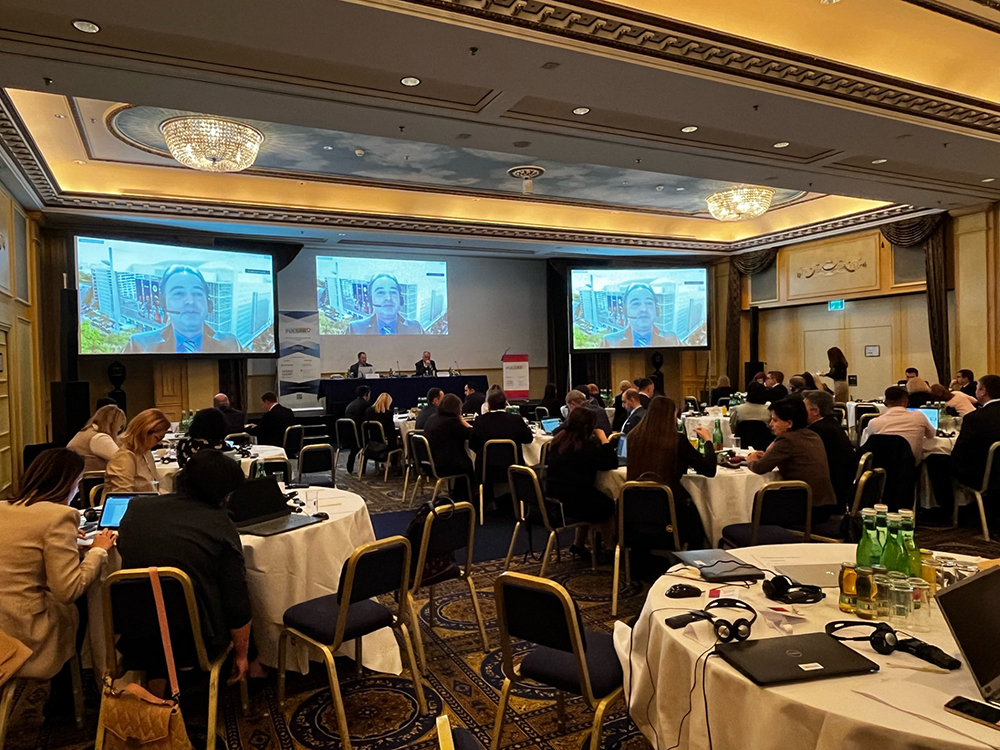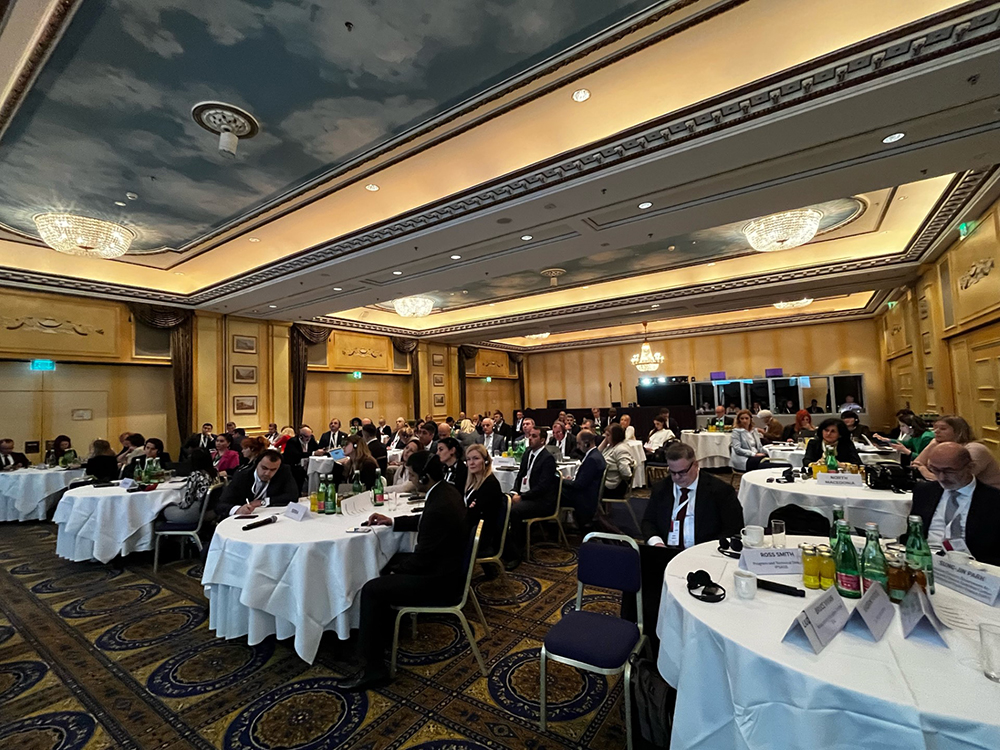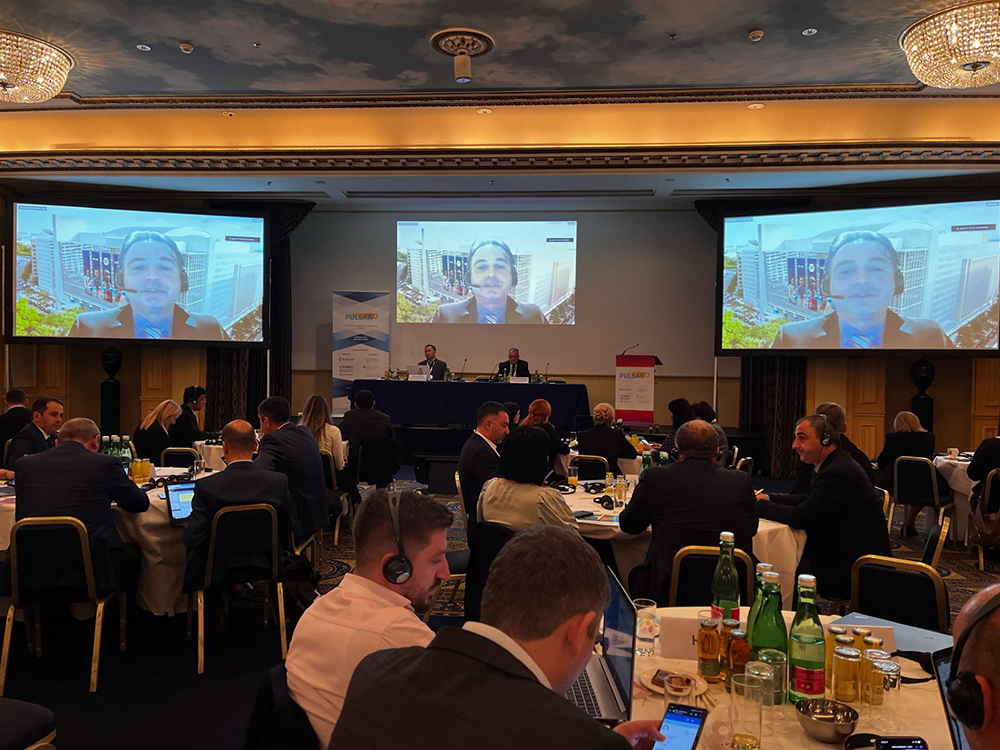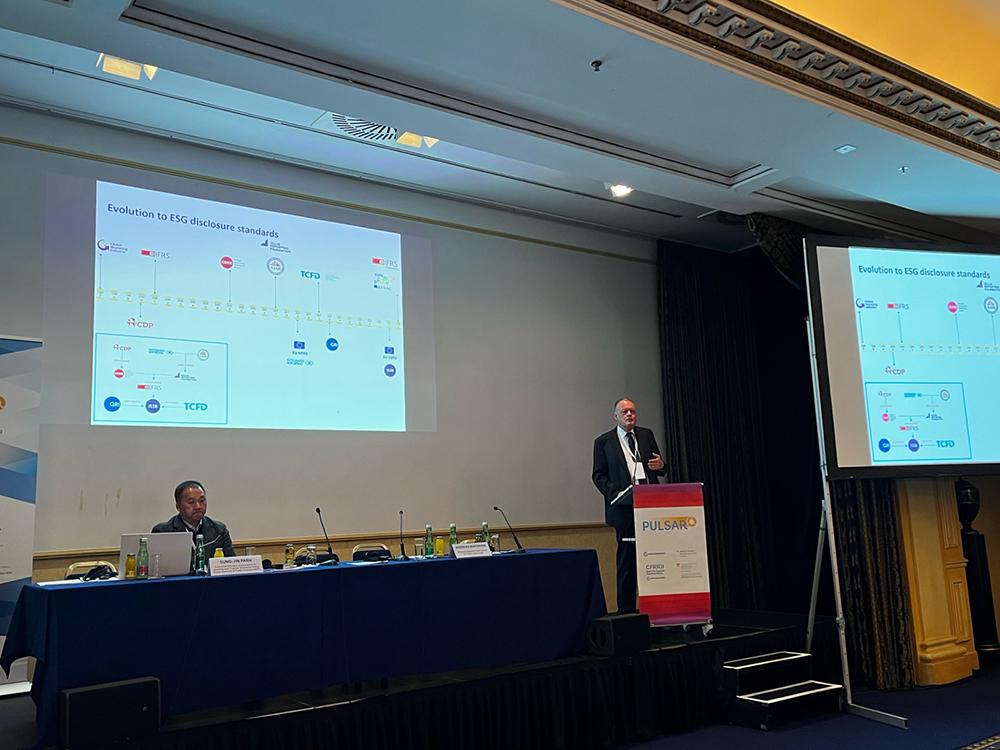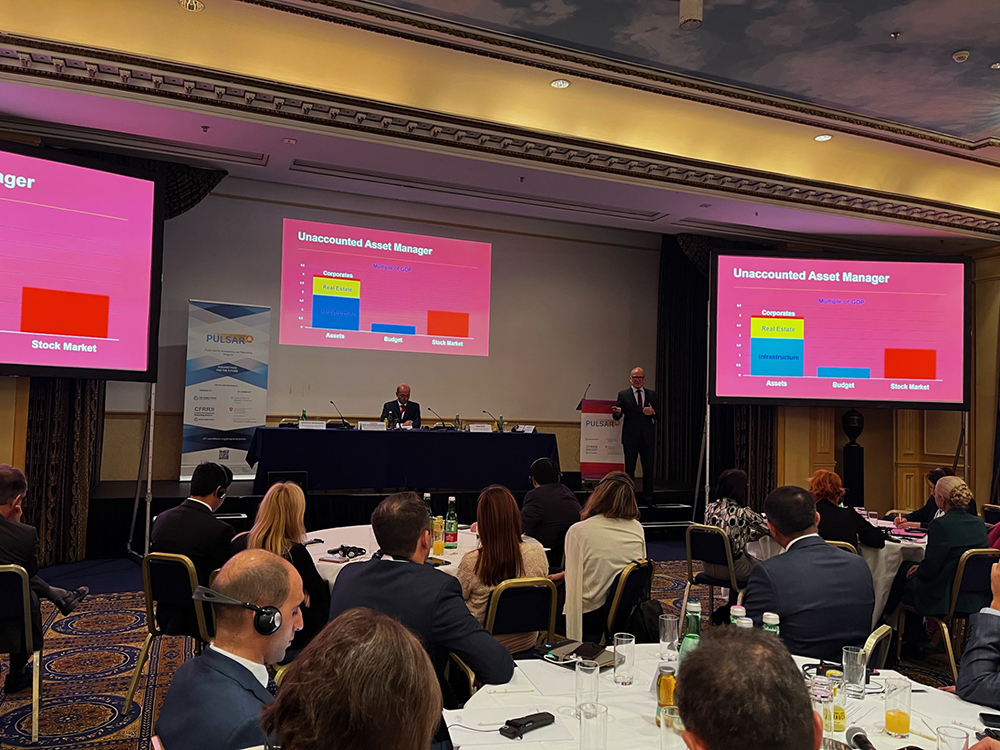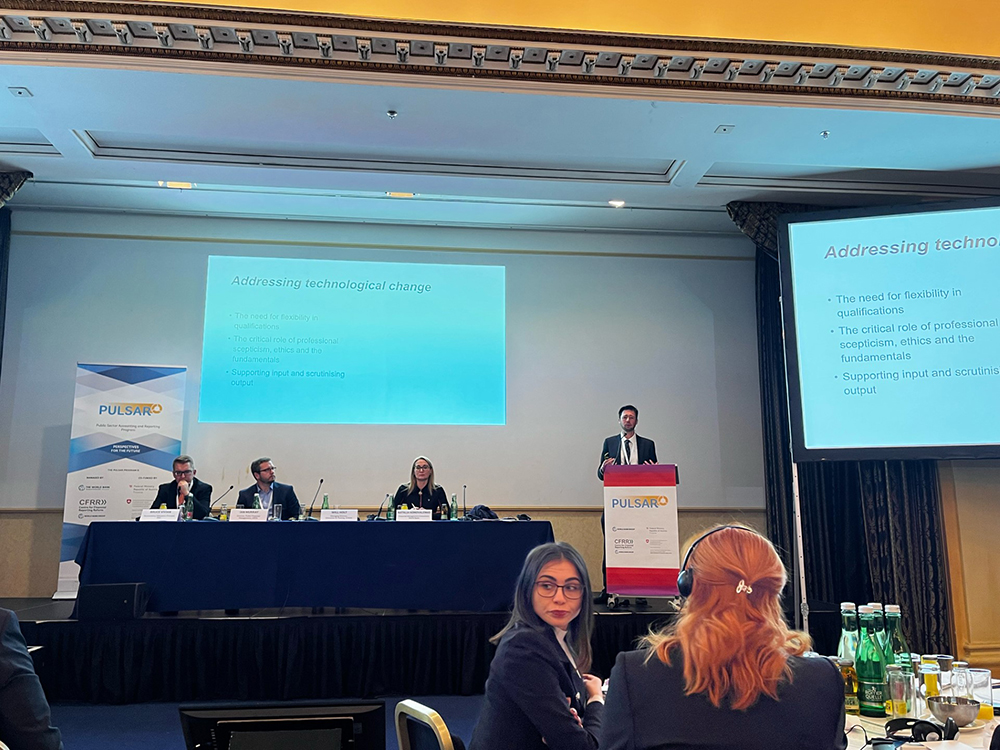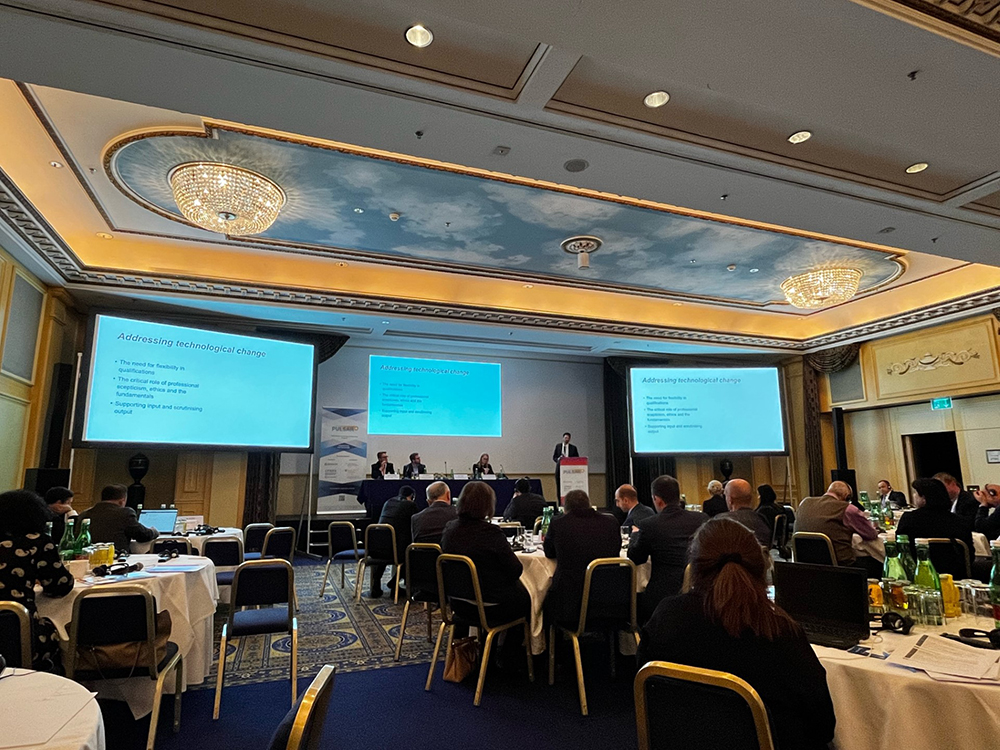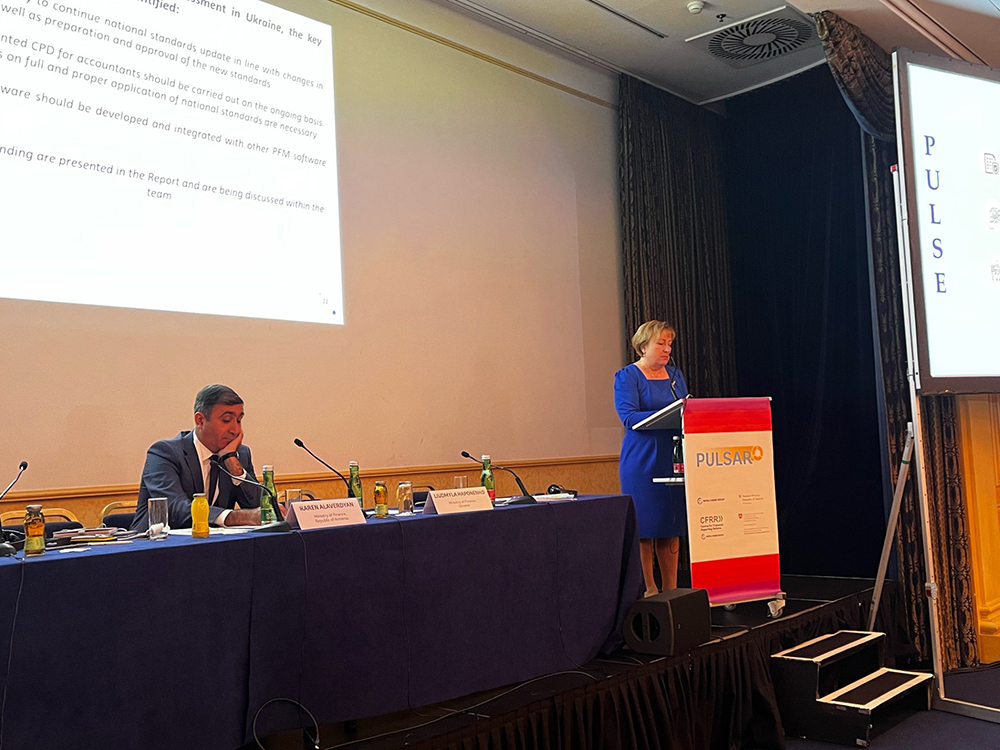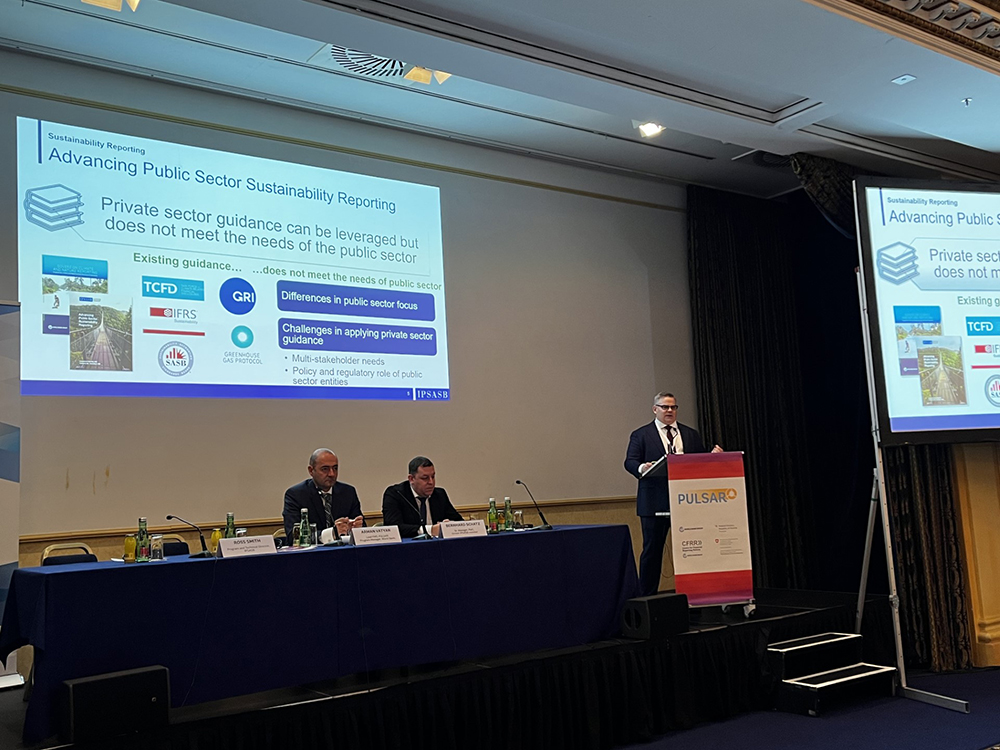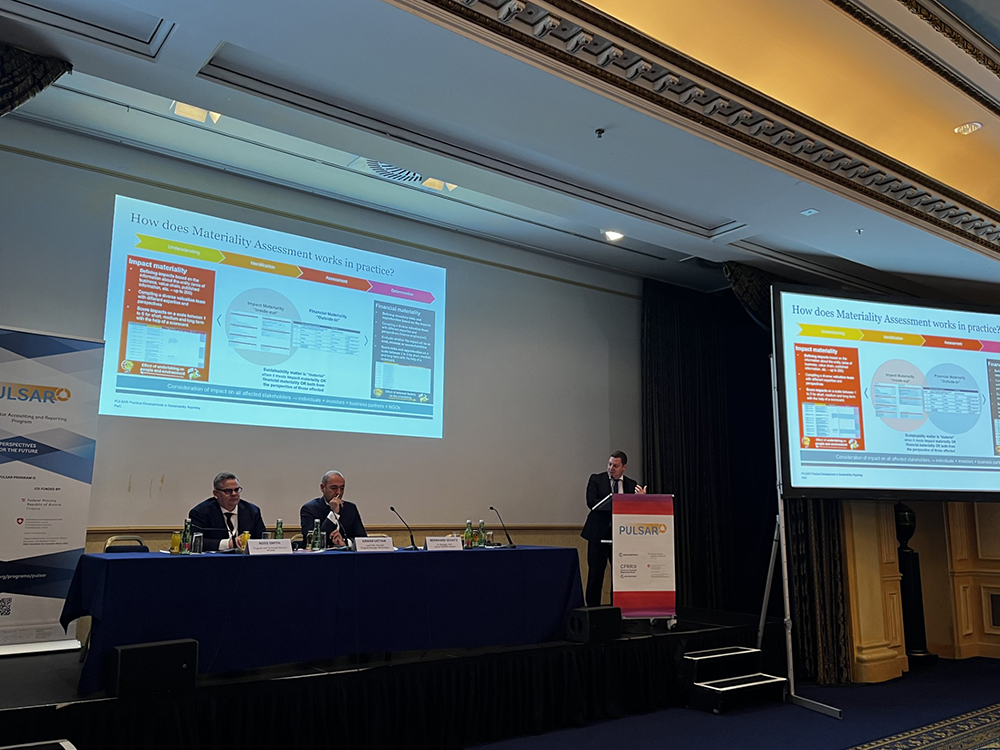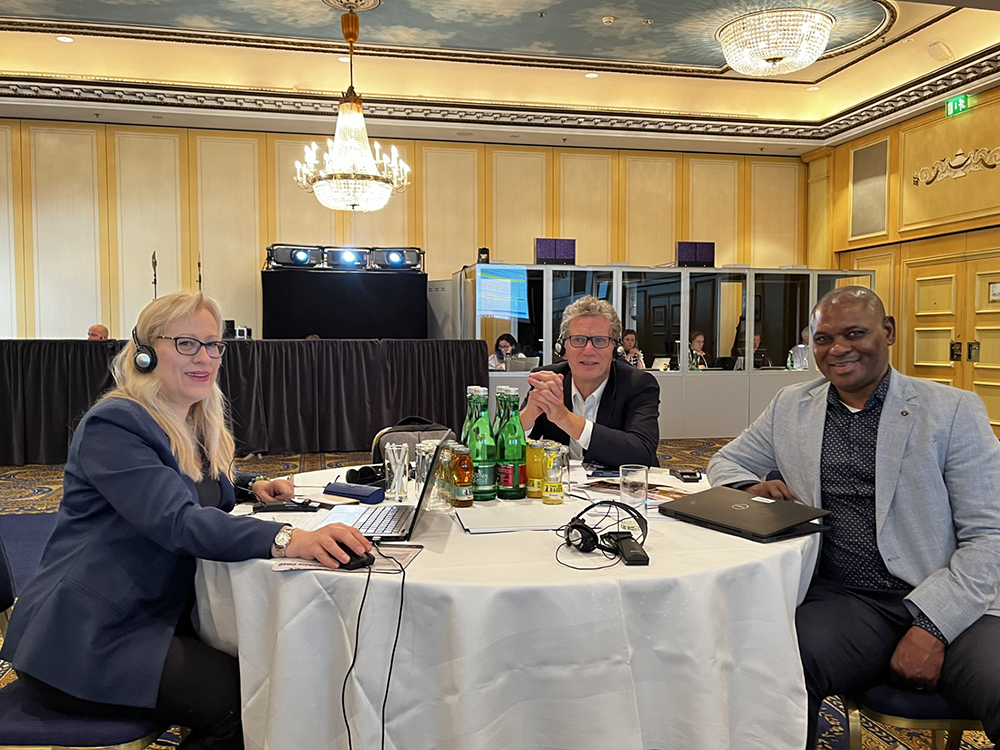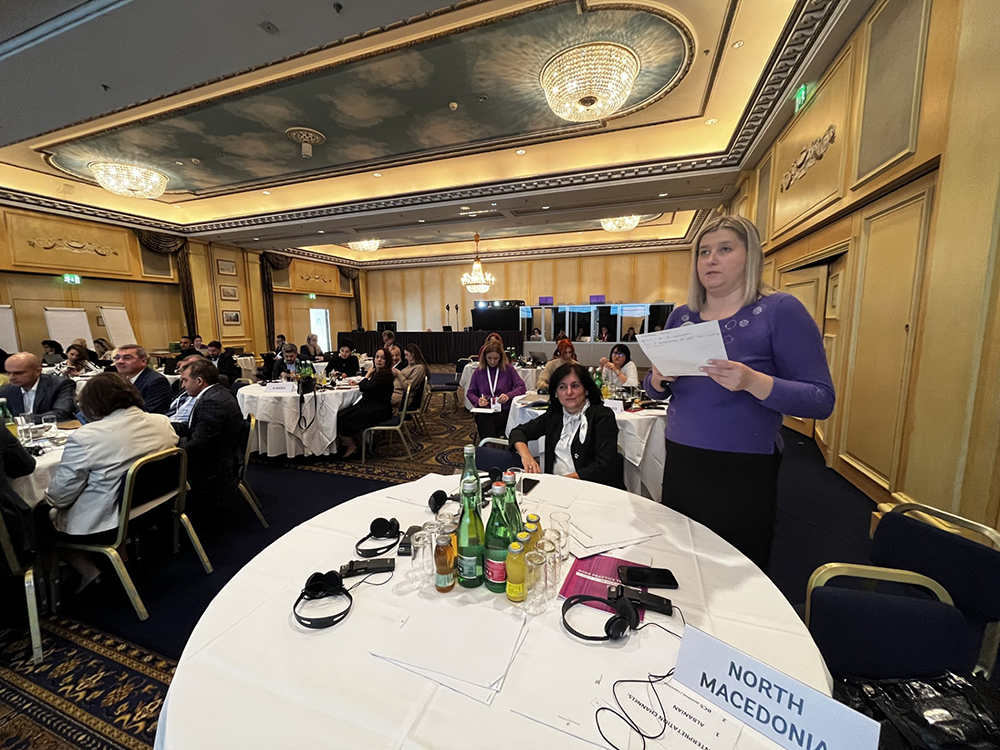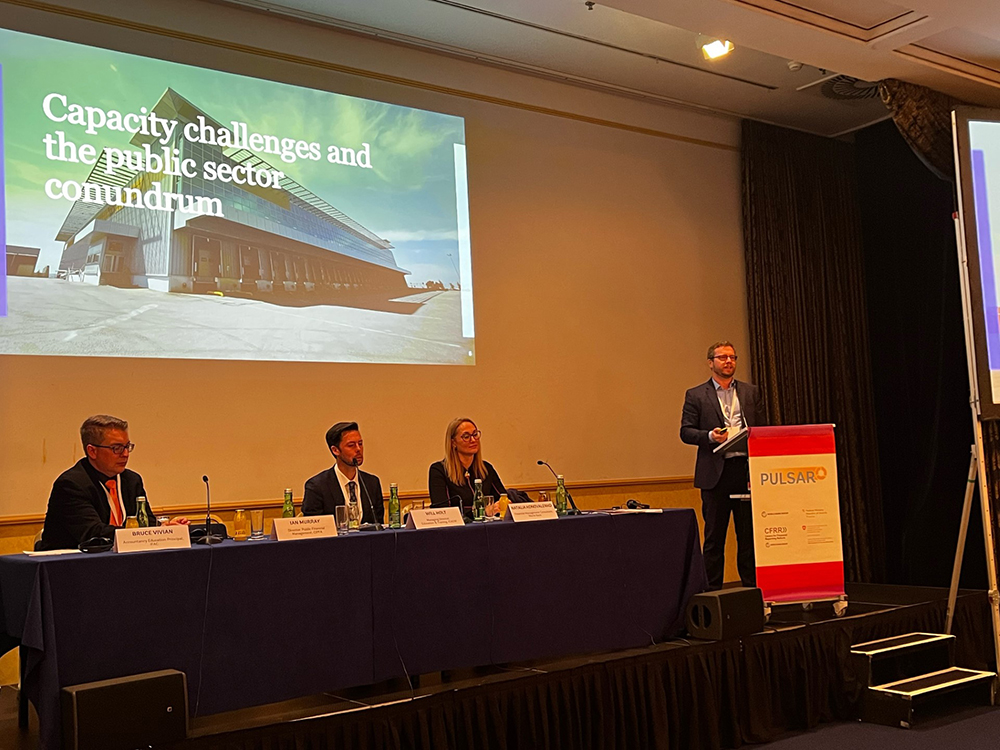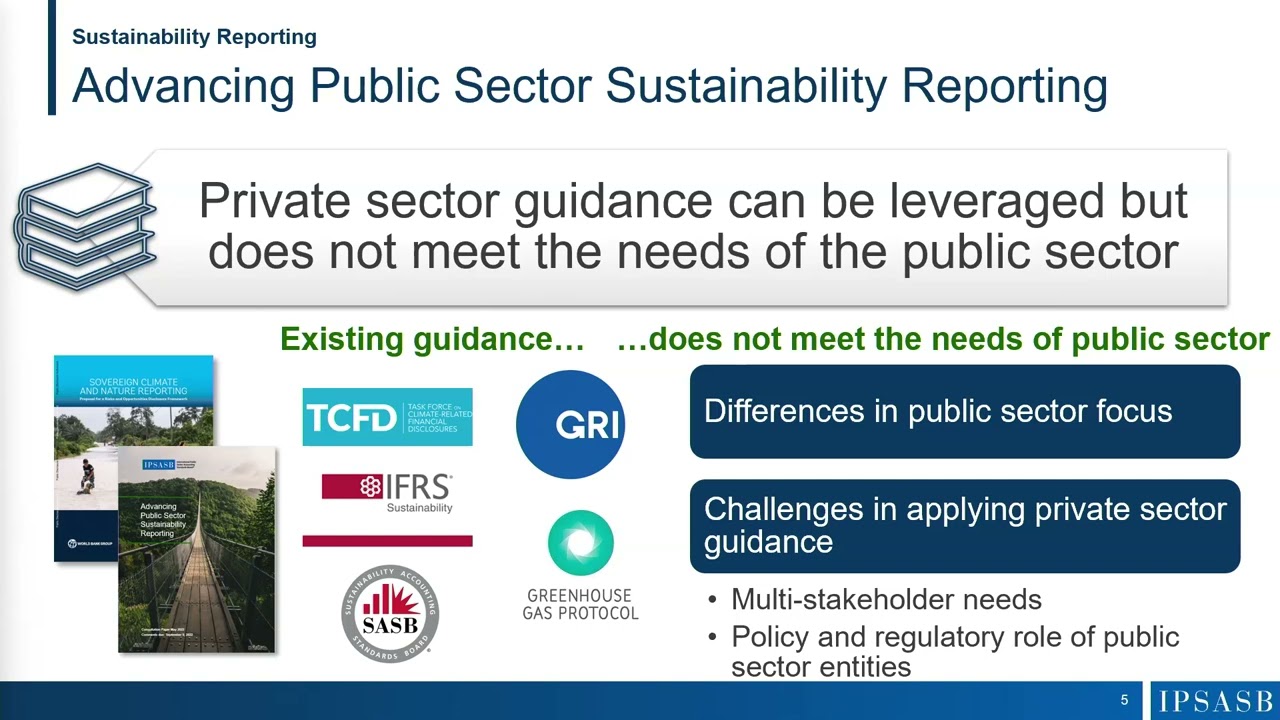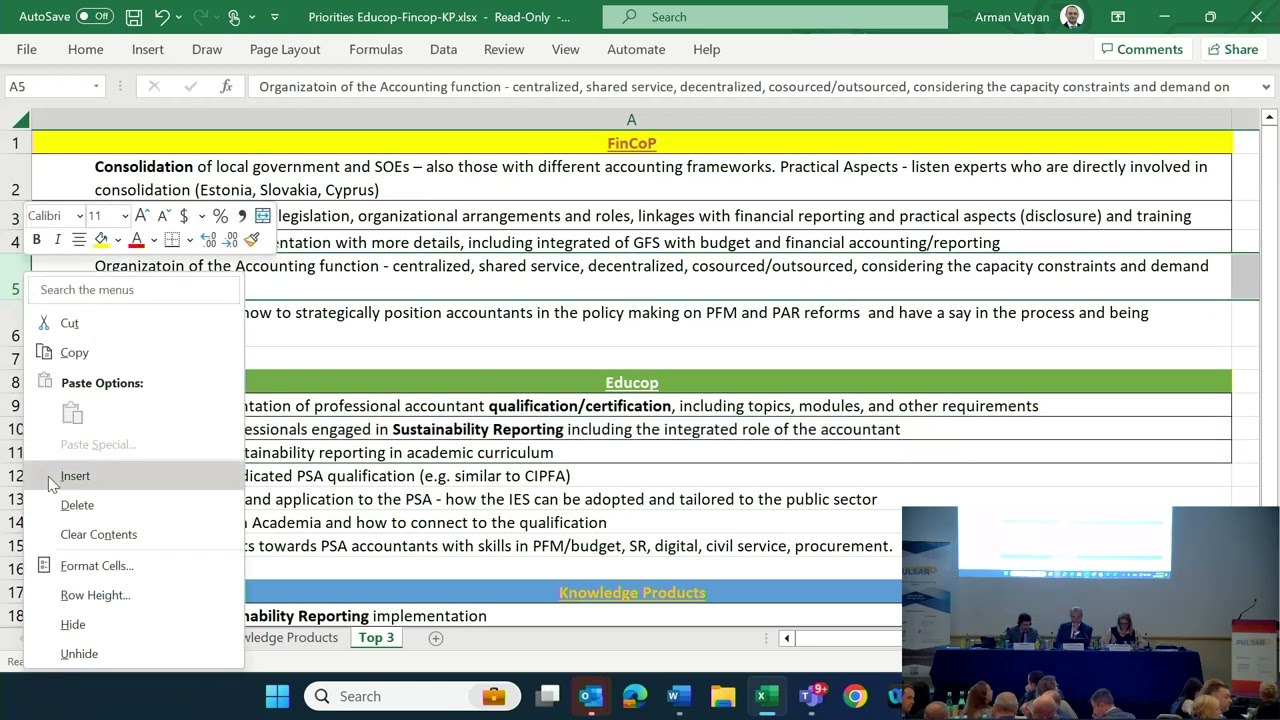Consolidation is one of the essential and, at the same time, challenging processes in terms of implementation of PSA reforms. IPSAS 35 “Consolidated Financial Statements” provides specific guidance on consolidation, which uses an economic perspective that is based on the concept of control. However, the consolidation in public sector possess is particularly challenging given its complex organization and wide range of decentralized and subnational entities, including State-Owned Enterprises (SOEs), which, often use different accounting framework.
Some of the most critical challenges are the automation of consolidation process and development of proper mechanism for elimination of inter-institutional transactions to ensure the reporting of only economic activities with external parties rather than including internal transfers among different governmental agencies.
In order to properly tackle these challenges, the use of Integrated Financial Management Information Systems (IFMIS) and its interfaces between different types of public sector entities, becomes essential to ensure that the financial information prepared by the governments is reliable, relevant, and useful for decision making process.
On the other hand, the role of sustainability reporting in private and financial sectors is increasing, and development of the first sustainability reporting related standards for the public sector is eminent. In this context, the government officials need to become aware and start getting ready for implementation of sustainability reporting practices in their respective countries.
The main objectives of this face-to-face workshop focused on:
- Discussing the IFMIS implementation process and the relevance of integration between budget, financial accounting/reporting, and fiscal statistics.
- Discussing the process of the consolidation of financial statements prepared under different reporting frameworks, including local governments and State-Owned Enterprises (SOEs), and the role of the IFMIS.
- Discussing the latest developments in sustainability reporting and its implications for public sector in terms of legislation, organizational arrangements and roles, link with financial reporting, practical aspects, such as disclosures, and capacity building.
